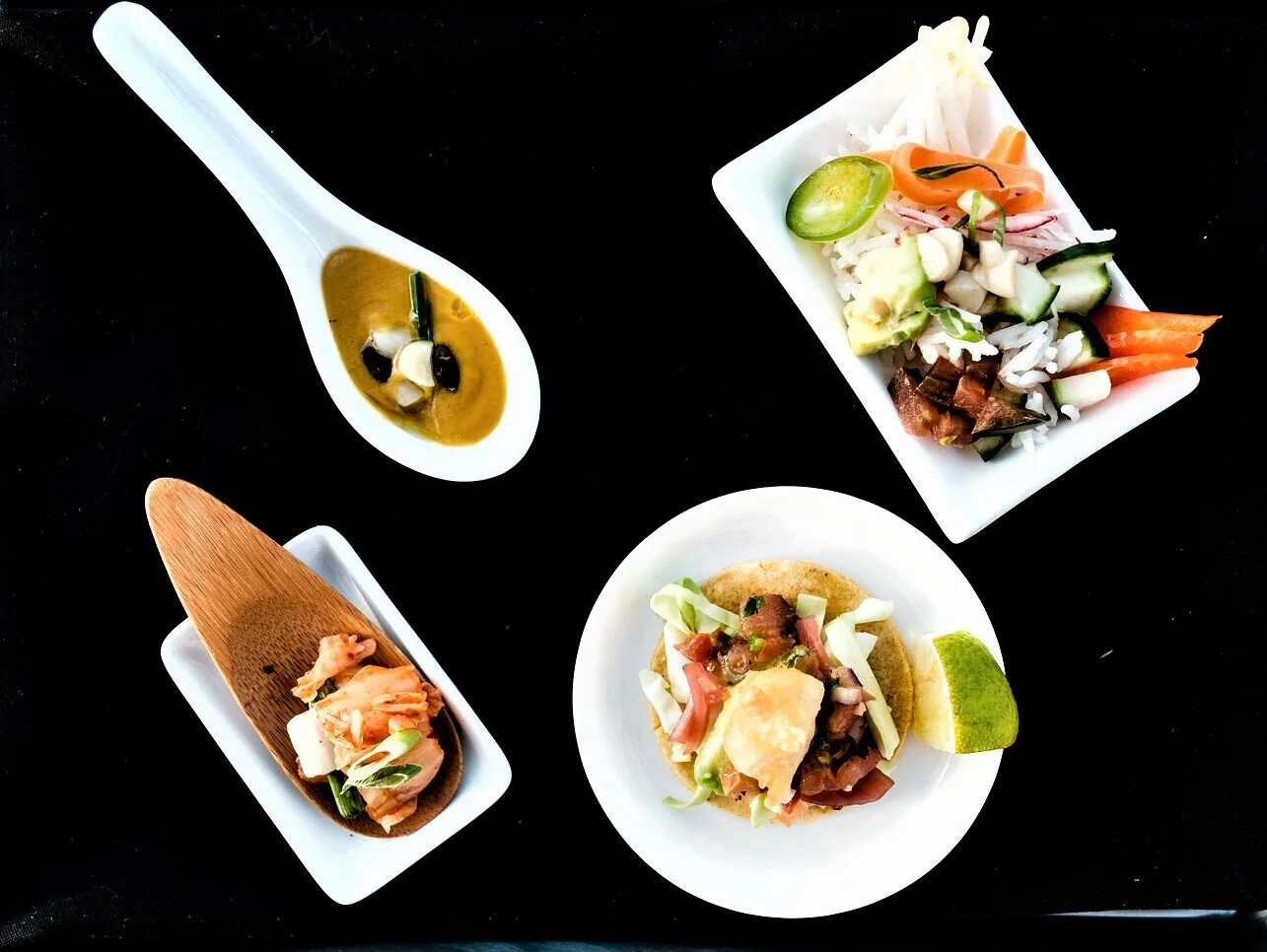The high efficacy of the Covid-19 vaccines is some rare good news in 2020, but the real impact will depend on public acceptance. Similarly, cultivated meat could be a game changer for reducing the significant contribution of industrialized animal agriculture to the climate crisis. When it becomes available, success will depend on public acceptance.
Two recent studies of consumer attitudes to cultivated meat — aka cell-based, cultured or “no-kill, lab-grown” meat — show that acceptance depends on context, culture and information. Cultivated meat is not plant-based, it’s grown directly from animal cells in a bioreactor and has significant environmental, food safety and climate impact advantages over the current animal agriculture/slaughterhouse system.
It has the potential to be a big player in the future of food — a revolution that is now underway. Last week, US company Eat Just won regulatory approval to begin selling cultivated chicken in Singapore. It’s the first regulatory green light for this new food category. A 2019 study by A.T. Kearney showed that following the current success of plant-based protein, cultured proteins for meat are expected to eclipse plant-based options to reach 35% of the global meat market by 2040.
A study published in the journal PLOS ONE exploring consumer attitudes in The Netherlands found that, not surprisingly, prior knowledge and positive framing (citing the environmental, climate and food safety advantages) of cultivated meat increased willingness to try it. And, based on a hierarchy of needs, personal benefits such as food safety were a stronger motivator than taste or broader societal benefits such as reduced environmental impact.
Dutch participants were given burgers labeled as either “conventional” or “cultured” meat, and most preferred the taste of the cultured burger even though the food products were the same. Also, 58% were willing to pay an average of 37% more for cultured meat, compared with traditional meat.
A second study, published in the journal Foods, found substantial shifts in consumer attitudes to cultivated meat in Germany and France, with German consumers significantly more open to the concept.
Changing consumer tastes in a country traditionally known for bratwurst and schnitzel have led to high adoption rates of plant-based foods. Only 45% of consumers identified as meat-eaters, and 58% were open to trying cultivated meat. By contrast, in the more traditional culture of France, 69% of consumers said they were meat eaters and 44% were willing to try cultivated meat.
Similar to the first study, researchers found “some evidence that pro-cultured meat messages, which focus on antibiotic resistance and food safety, are significantly more persuasive than those that focus on animals or the environment.”
Various research studies have explored the emotional response of those resisting cultivated meat, referred to as the “yuck” factor, usually from those unfamiliar with conventional meat production methods. This is totally consistent with the finding that, “cultured meat acceptance is significantly higher amongst agricultural and meat workers, indicating that those who are closest to existing meat production methods are most likely to prefer alternatives.”
Similar studies in the US, Asia and Europe have found varied but substantial consumer willingness to try cultivated meat — including seafood — with some showing concern for the environment and animal welfare as motivators.
“Let's give people everything that they like about meat, but let's make it from plants and grow it directly from cells. And we'll have a fraction of the negative environmental consequences, including a fraction of the impact on the climate. It will free up vast quantities of land for carbon sequestration. It won't require any antibiotics. We should be able to get to a place where it tastes exactly the same and gives people everything that they like about meat, but at a lower cost because of the efficiency gains,” Bruce Friedrich, Executive Director of The Good Food Institute, told DW Media.
Cultivated meat including seafood may be on supermarket shelves in the next 1-3 years. There are more than 40 companies producing these food products but time-to-market depends on regulatory approvals and scaling up production to drive lower prices per unit. Dutch company Mosa Meats, Memphis Meats, BlueNalu and Eat Just in the US, Aleph Farms in Israel and Shiok Meats in Singapore are among those thought to be closest to commercial launch.
“A new space race for the future of food is underway,” Friedrich said of Singapore’s regulatory approval of Eat Just’s chicken. “Cultivated meat will mark an enormous advance in our efforts to create a food supply that is safe, secure, and sustainable.”


